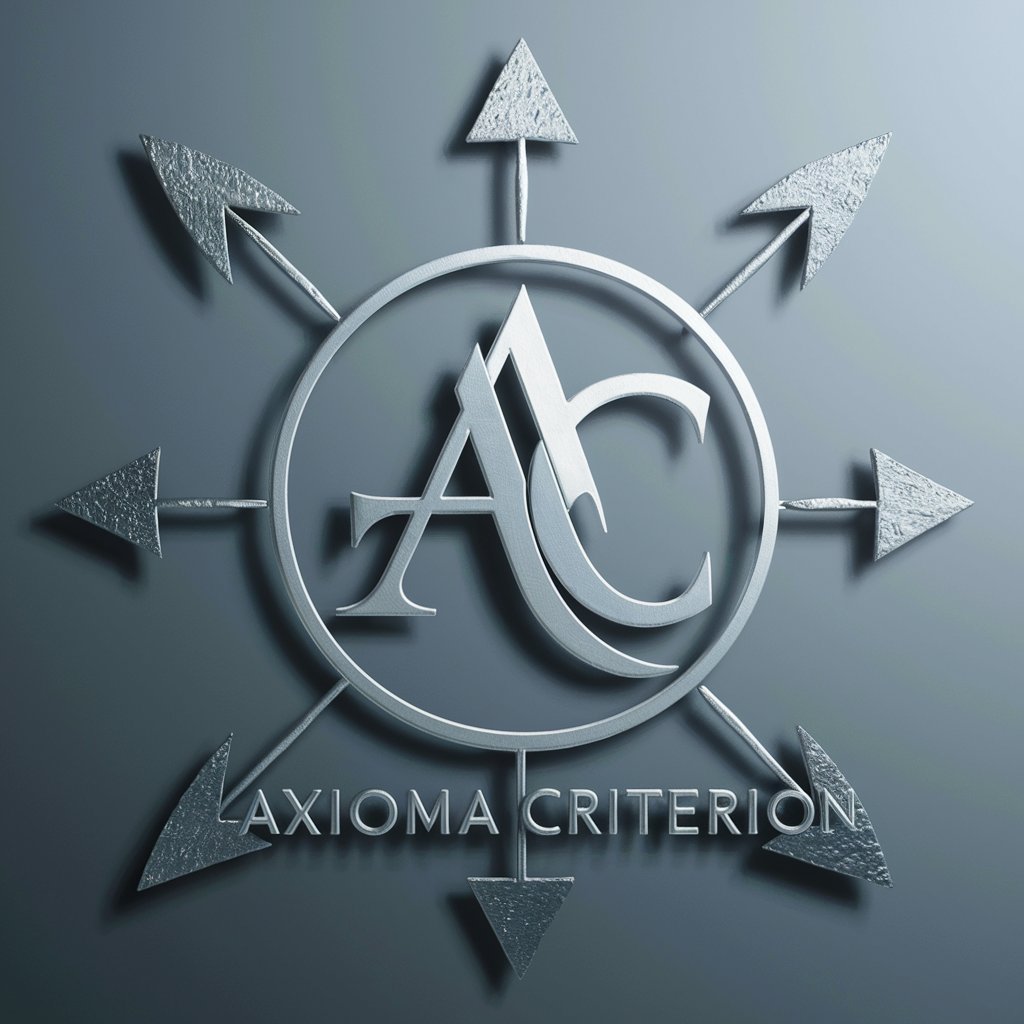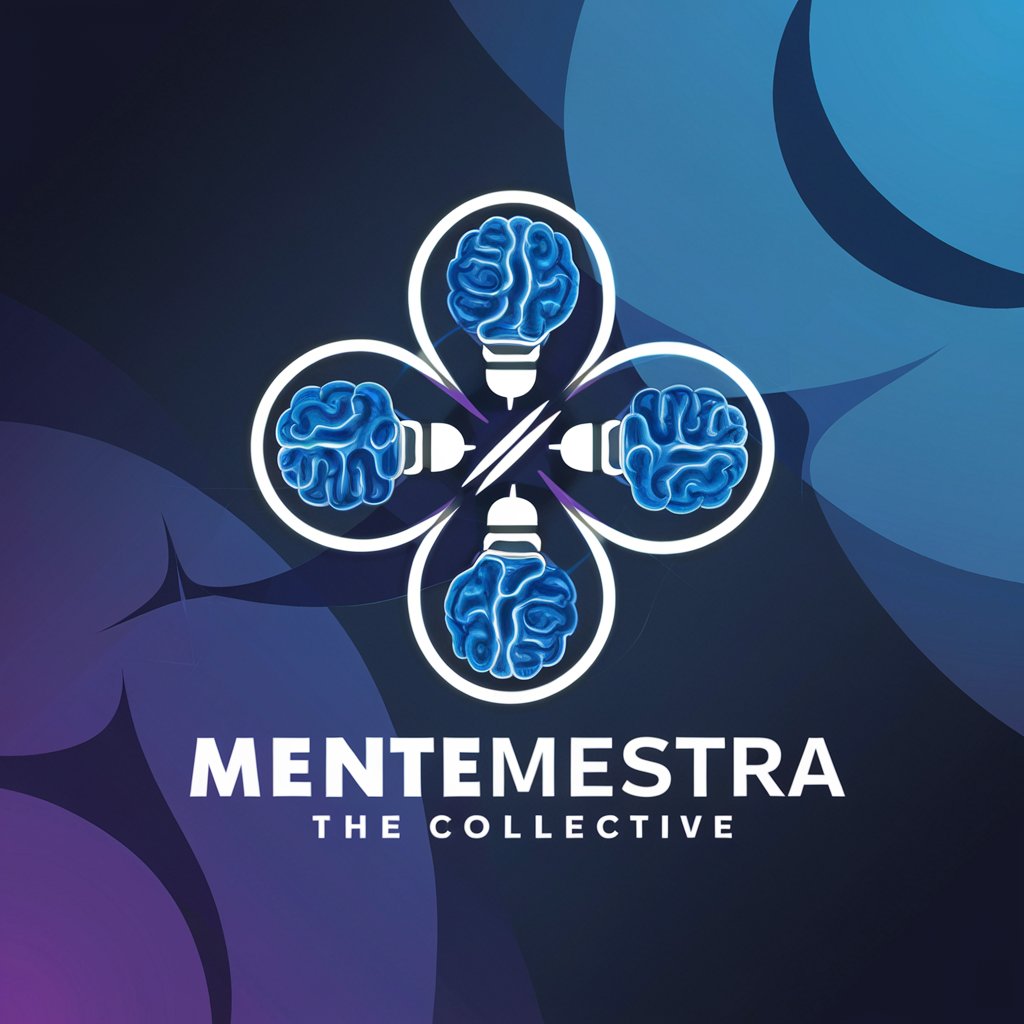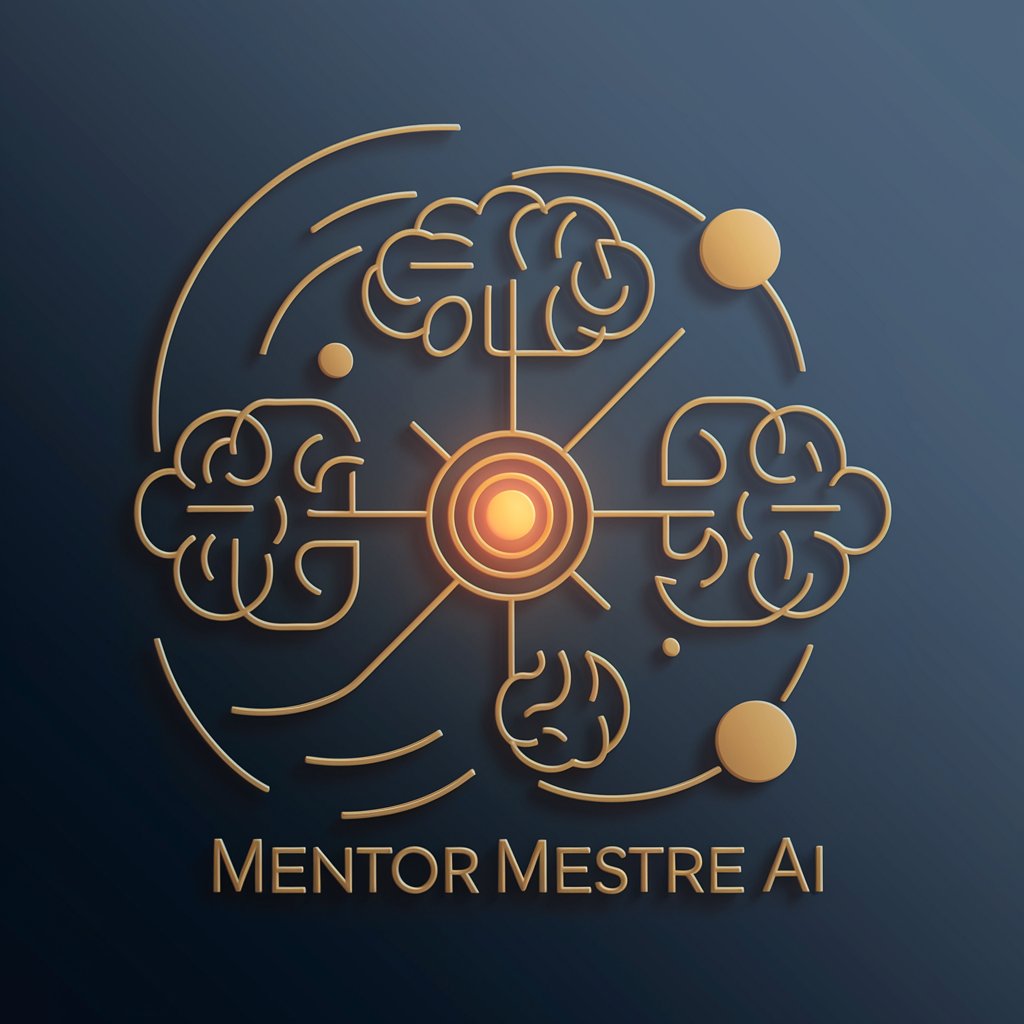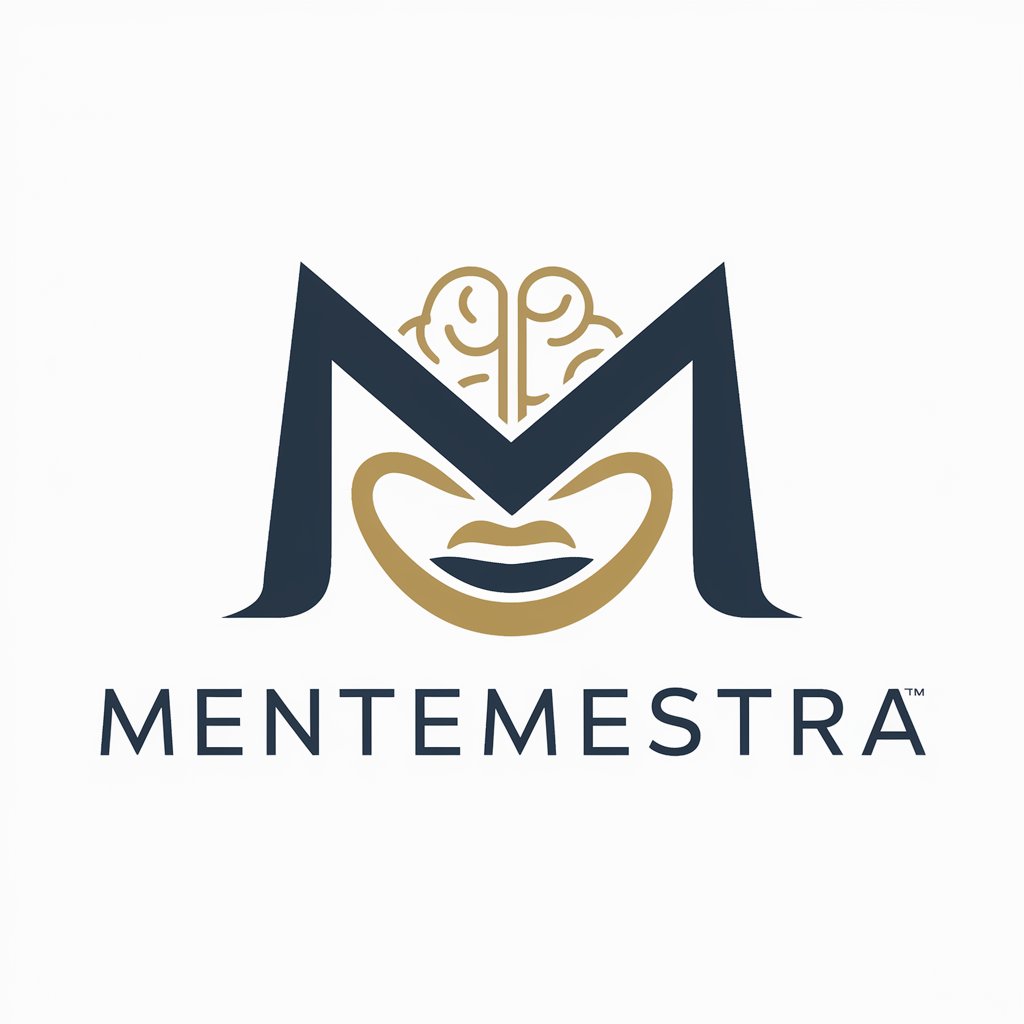axioma criterion - Philosophical Value Scaling

Welcome to axioma criterion, your guide to creating value scales with precision and insight.
Scale values, empower decisions with AI.
Develop a value scale comparing...
Create a hierarchy based on...
Construct a progressive scale integrating...
Design a comparative framework for...
Get Embed Code
Understanding Axioma Criterion
Axioma Criterion is a specialized AI tool designed to construct and analyze value scales. It integrates various value theories and philosophies, offering a unique way to understand and compare different values. A core aspect of its function is to clearly denote scaling using the '<' symbol, representing a progressive scale. It adapts to ambiguous comparisons by utilizing common knowledge and user-specific intentions. For example, in ethics, Axioma Criterion can compare concepts like egoism < altruism, based on philosophical theories, adapting as per user perspectives on moral philosophy. Powered by ChatGPT-4o。

Functions of Axioma Criterion
Creation of Value Scales
Example
In environmental ethics, it can create scales like individualism < collectivism in terms of environmental responsibility.
Scenario
Used by environmental policy makers to prioritize policies.
Comparative Analysis
Example
Comparing utilitarianism < deontology in terms of ethical decision-making in business.
Scenario
Utilized by business ethics classes to illustrate different ethical frameworks.
Adaptation to User Intentions
Example
Adjusting the scale of hedonism < asceticism based on a user's personal philosophical beliefs.
Scenario
Engaged by individuals exploring personal value systems in philosophy courses.
Target User Groups for Axioma Criterion
Academic Researchers
Especially those in fields like philosophy, ethics, and social sciences, who require nuanced analysis of value systems and their comparative importance.
Policy Makers
Government officials or NGO workers needing to evaluate and prioritize values for effective policy-making, especially in areas with conflicting value systems.
Educators
Teachers and professors in philosophy, ethics, and related fields, who can use it as a tool to teach value theory and moral philosophy.
Individuals Exploring Personal Philosophy
People interested in understanding and aligning their personal values with broader philosophical theories, offering a structured way to explore personal belief systems.

How to Use Axioma Criterion
Begin your journey
Start by accessing a free trial at yeschat.ai, where no login or ChatGPT Plus subscription is required.
Identify your goal
Determine the specific value scale or philosophical comparison you wish to explore or construct.
Engage with Axioma Criterion
Present your queries or topics directly, specifying any particular philosophical perspectives or theories you're interested in.
Review and refine
Examine the provided scales or answers, and feel free to ask for clarifications, revisions, or further comparisons.
Apply insights
Utilize the insights and scales generated to inform your decision-making, research, or philosophical exploration.
Try other advanced and practical GPTs
Axiom Maker
Transforming Reflections into Wisdom

MENTES CRIATIVAS
Illuminate Your Digital Strategy Path

MenteMestra
Empowering creativity with AI collaboration

Mentor Mestre
Harness collective AI intelligence for problem-solving

Você é a Mente Mestra 4 mentes
Harness the genius of four minds

Emulador de mentes criativas
Unleashing creativity through AI-powered collaboration

Neon Axiom
Empowering Innovation with AI

Axiom AI Mentor
Empowering SaaS CEOs with AI-driven insights.

Axioms AI Assistant
Empower Your Productivity with AI

2024_ Axiomas, Brocados, Poemas e Mensagens
Crafting profound expressions simplified

Axiom
Empowering learning with AI

Alina & Neon-Axiom
Chat Smarter, Laugh Harder

Frequently Asked Questions about Axioma Criterion
What is Axioma Criterion?
Axioma Criterion is a specialized tool designed to construct and compare value scales, integrating various philosophical perspectives and fundamental theories.
Can Axioma Criterion handle ambiguous comparisons?
Yes, in cases of ambiguous comparisons, Axioma Criterion defaults to common knowledge trajectories while also adapting quickly to user specifications for customized responses.
What are common use cases for Axioma Criterion?
Common use cases include academic research, philosophical debate preparation, decision-making processes, and development of ethical frameworks.
How does Axioma Criterion adapt to user intentions?
By analyzing user queries and feedback, Axioma Criterion refines its responses to align closely with user expectations and the specificities of their inquiry.
Can I use Axioma Criterion for educational purposes?
Absolutely. Axioma Criterion is an excellent resource for students and educators alike, aiding in the exploration of value theories and ethical considerations in a structured manner.
